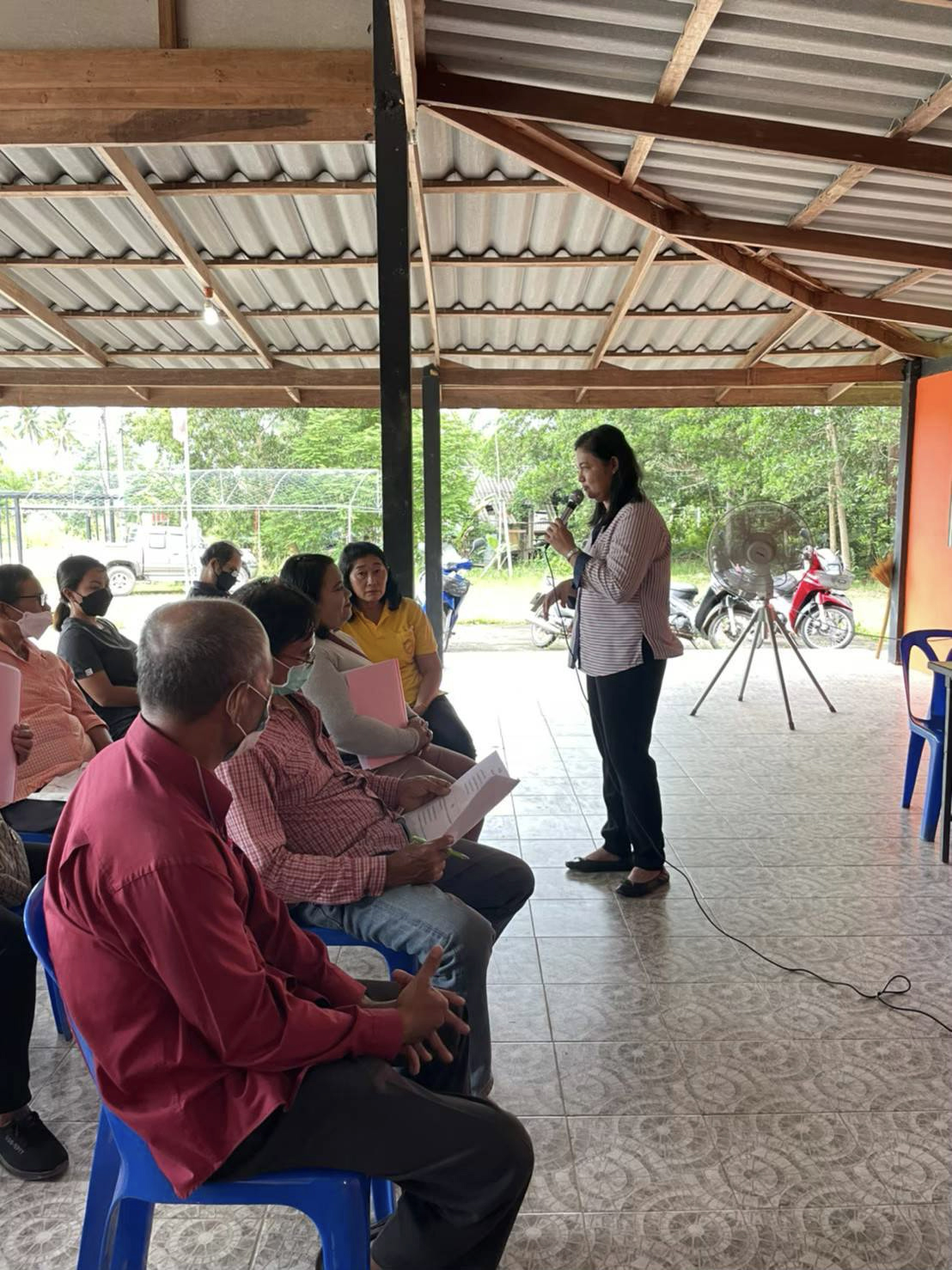
About the group
Number of smallholders: 303 (191 Men, 112 Women)
Total Land Area: 758.42 Ha
Status: Certified
Group location: 137 Village No. 2, Thung Luang Subdistrict, Lamae District, Chumphon Province 86170
Country: Thailand
On-going Facilitator: Prince of Songkla University - Surat Thani Campus
SUSTAINABILITY JOURNEY STORY
| “The challenge farmers have experienced for a long time is that, while palm oil prices may go down, fertiliser prices may rise and cannot be regulated.”
……………………………….
Mrs Nongluck Sinchu, the manager of the Lang Suan Settlement Cooperative Limited, began by explaining the geographical context of their operations in the Lamae subdistrict, Chumphon province, which consists largely of flat terrain: “The original planting area of members has large palm trees that are roughly 30-35 years old. Members cut down old palm trees and plant new ones. Some incurred financial losses from durian cultivation and switched to cultivating more palm trees. Those who previously grew rubber trees have replaced them with oil palm trees.”
In areas with newly planted palm trees, farmers engage in intercropping with rotational crops, such as corn, peanuts, and watermelon, to generate additional income. To protect their financial investment, some landowners apply herbicides to their palm trees. Last year, the farmers also contended with drought conditions, further challenging their resilience.
However, farmers have found that managing oil palm plantations is simpler than cultivating durian. Oil palm care tasks include fertilising, pruning palm fronds, and mowing grass, which are less frequent and demanding compared to the weekly attention required by other crops. Despite the relative ease, the frequent fertilisation schedule remains a cost challenge for growers, as neglecting fertilisers would lead to a decline in the productivity of palm trees.
Discussing the cooperative’s perspective on sustainable oil palm plantations, Nongluck said, “The group recently obtained RSPO accreditation. In early 2023, we observed positive outcomes, including the adoption of good practices, occupational health guidance, chemical level testing in the body, and improved waste management, which all contribute to regulatory compliance. Furthermore, farmers have found that palm plantation farming generates more income compared to growing other crops such as durian.”
She emphasised the economic incentives as primary motivators for farmers to practice sustainable palm plantation farming: “Farmers are motivated to cultivate sustainable palm plantations due to the financial gain or income they obtain, with price being a significant factor. However, growers are unable to set prices and face limited options. Once the palm plants mature, they are compelled to sell at any given price. It’s uncertain whether there will be an excess supply of oil palm due to the expansions of palm plantations by other sectors”, said Nongluck, highlighting the volatile nature of agricultural economics.
Looking ahead, she communicated apprehension over future difficulties: “The declining prices of oil palm and the uncontrolled rise of fertiliser costs constitute a persistent challenge we must navigate.”
With their newly obtained RSPO accreditation, the immediate concern for the group is financial aid, especially considering the drop in productivity. “Even though the initial selling price of the palm was higher, it has been decreasing lately. The group incurs significant expenditures, and the income is insufficient to cover operating costs. Therefore, we need yearly financial support to organise training. Without this aid, the group would not have the funding necessary to constantly train new members,” stated Nongluck.
The plans for any potential funding received would include setting up training programmes and investing in essential resources, such as purchasing NPK fertilisers for their fertiliser mixing machine. Nongluck expressed concerns about the cooperative’s finances, mentioning that members have contributed to a common fund for managing the group, but this has proved inadequate for sustaining their activities. “Currently, we’re dealing with financial constraints that hamper our operations,” she disclosed.
When asked about alternative income from additional crops, Nongluck said, “Farmers resort to growing other crops when they are unable to harvest palm. However, when they have the ability to harvest palm, they usually do not grow other crops due to insufficient light for the growth of these alternate crops. |
Project Impact
Total area covered by the project
758.42 Ha
Number of smallholders benefitting from this project
303 Smallholders
Number/percentage of women supported by this project
36.96% women in this project
How you can support
| Your support is urgently needed to provide adequate funding for the management of the group. |
GROUP CONTACT
Representative Contact
Mrs. Nongluck Sinchu | Group Manager | [email protected] | (+66) 62 965 5422
Wilairat Klubkul
Deputy Group Manager
(+66) 77 630 816
[email protected]
FACILITATOR GROUP CONTACT
Representative Contact
Asst. Prof. Dr. Benjamaporn Pimpa | Assistant Professor +66 61 192 4299 | [email protected] |
IMAGE GALLERY

Lang Suan Land Settlement Cooperative Limited
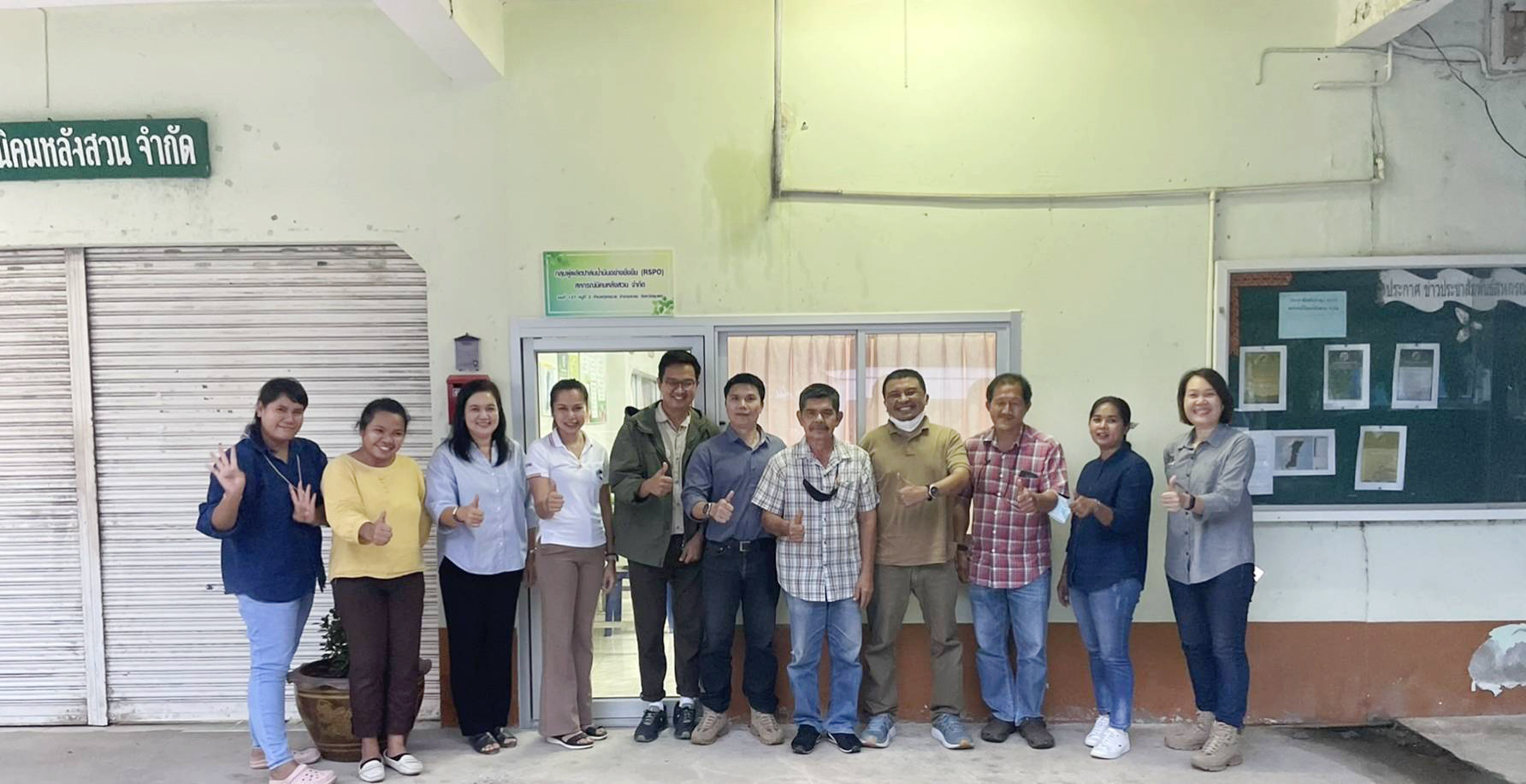
Lang Suan Land Settlement Cooperative Limited
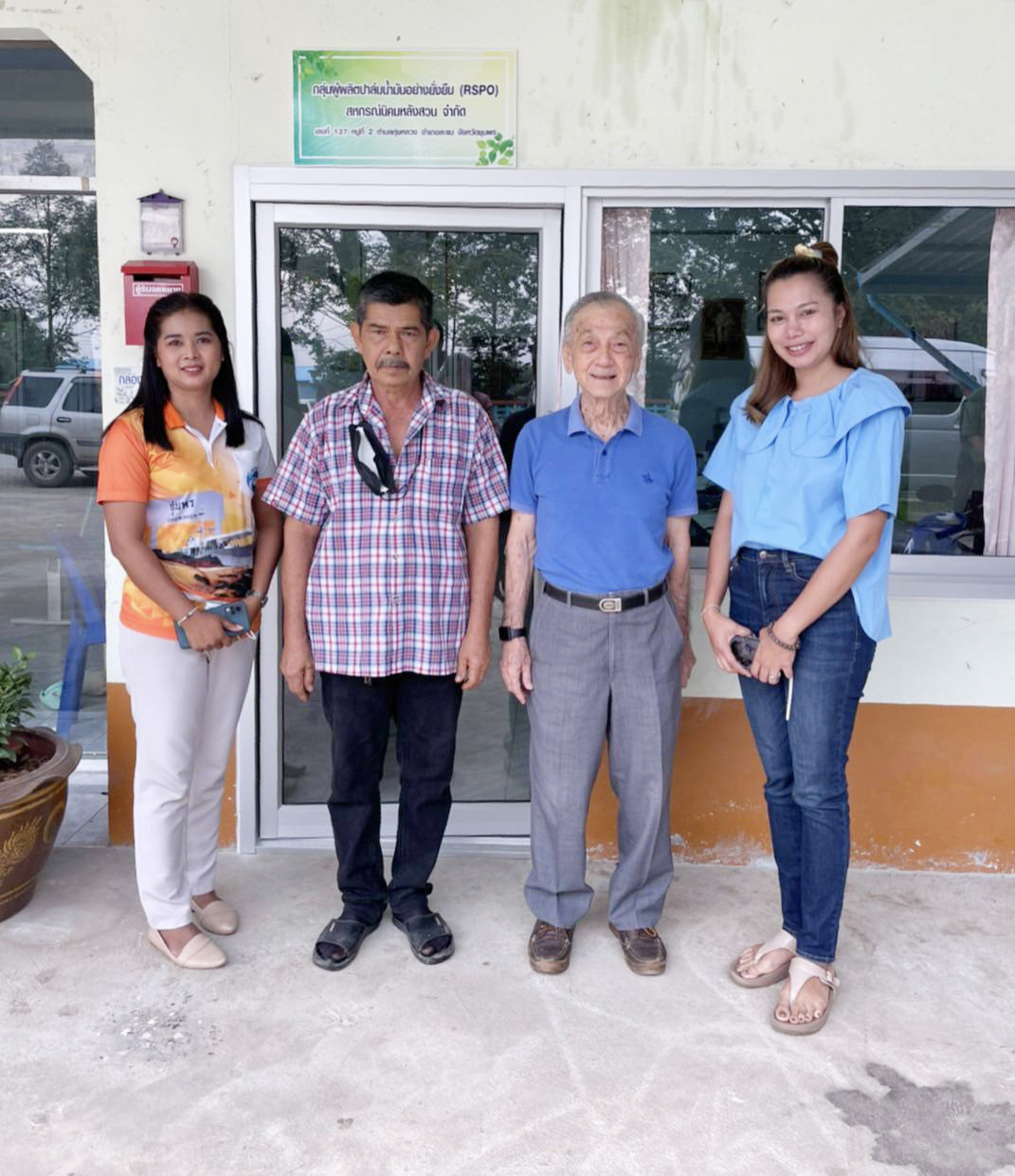
Lang Suan Land Settlement Cooperative Limited
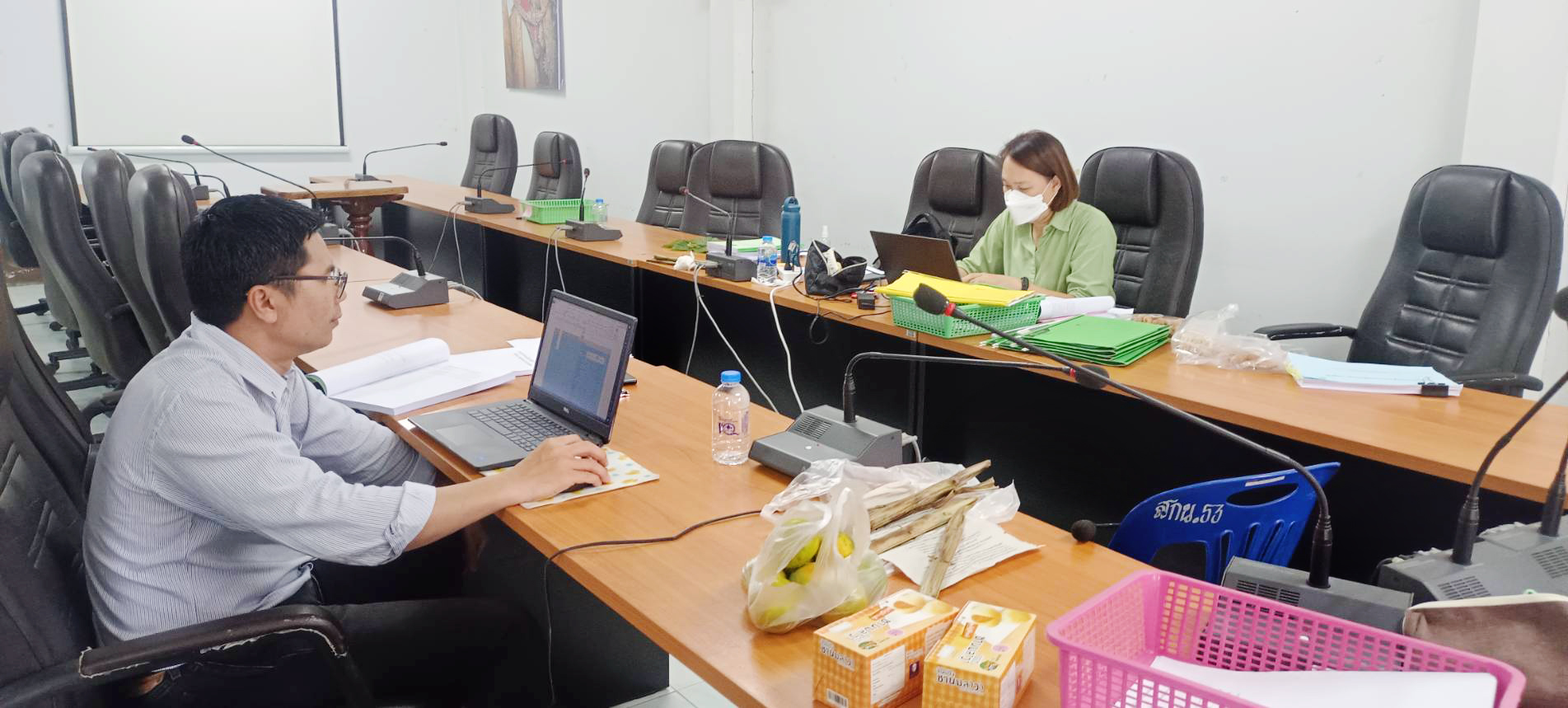
Lang Suan Land Settlement Cooperative Limited
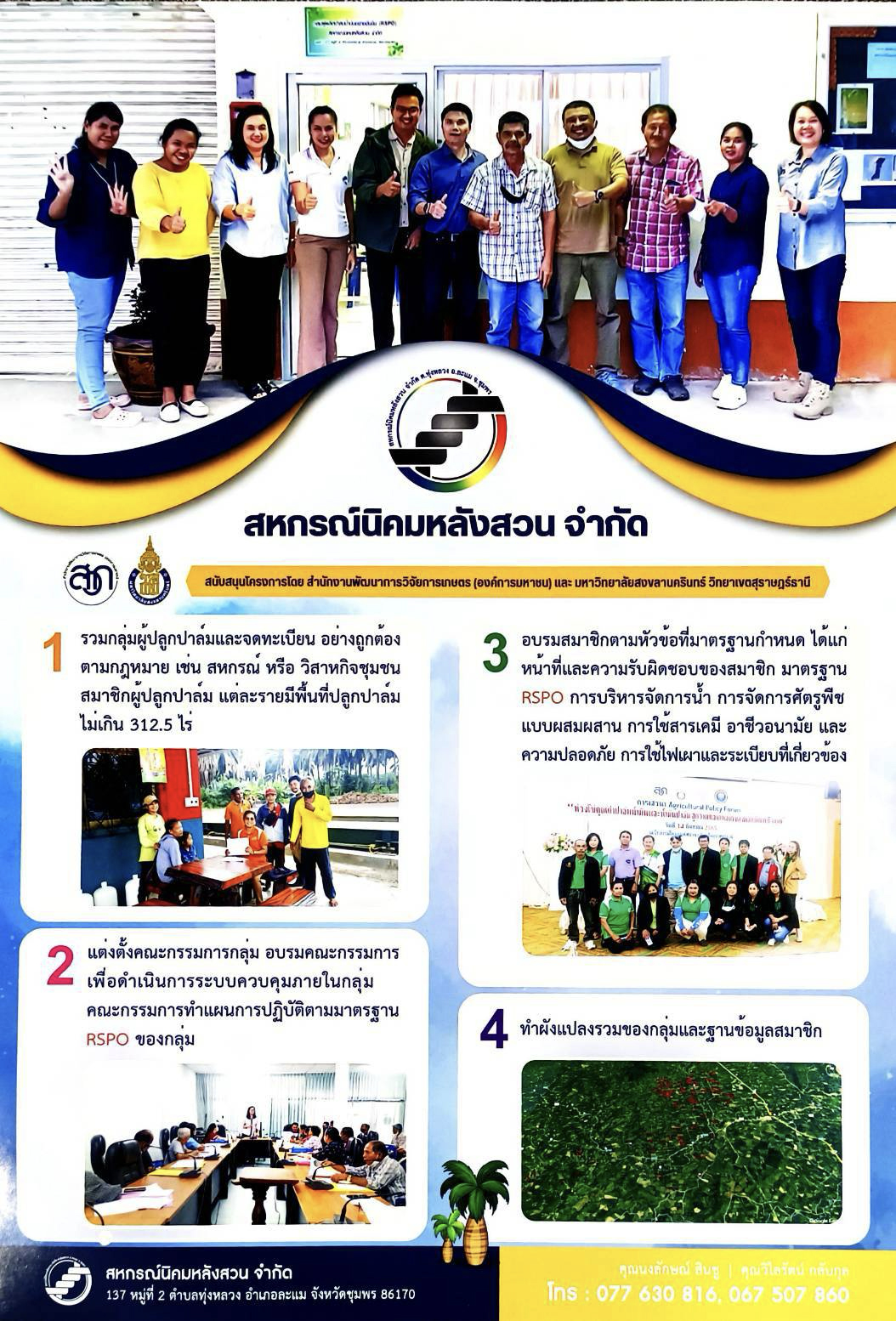
Lang Suan Land Settlement Cooperative Limited
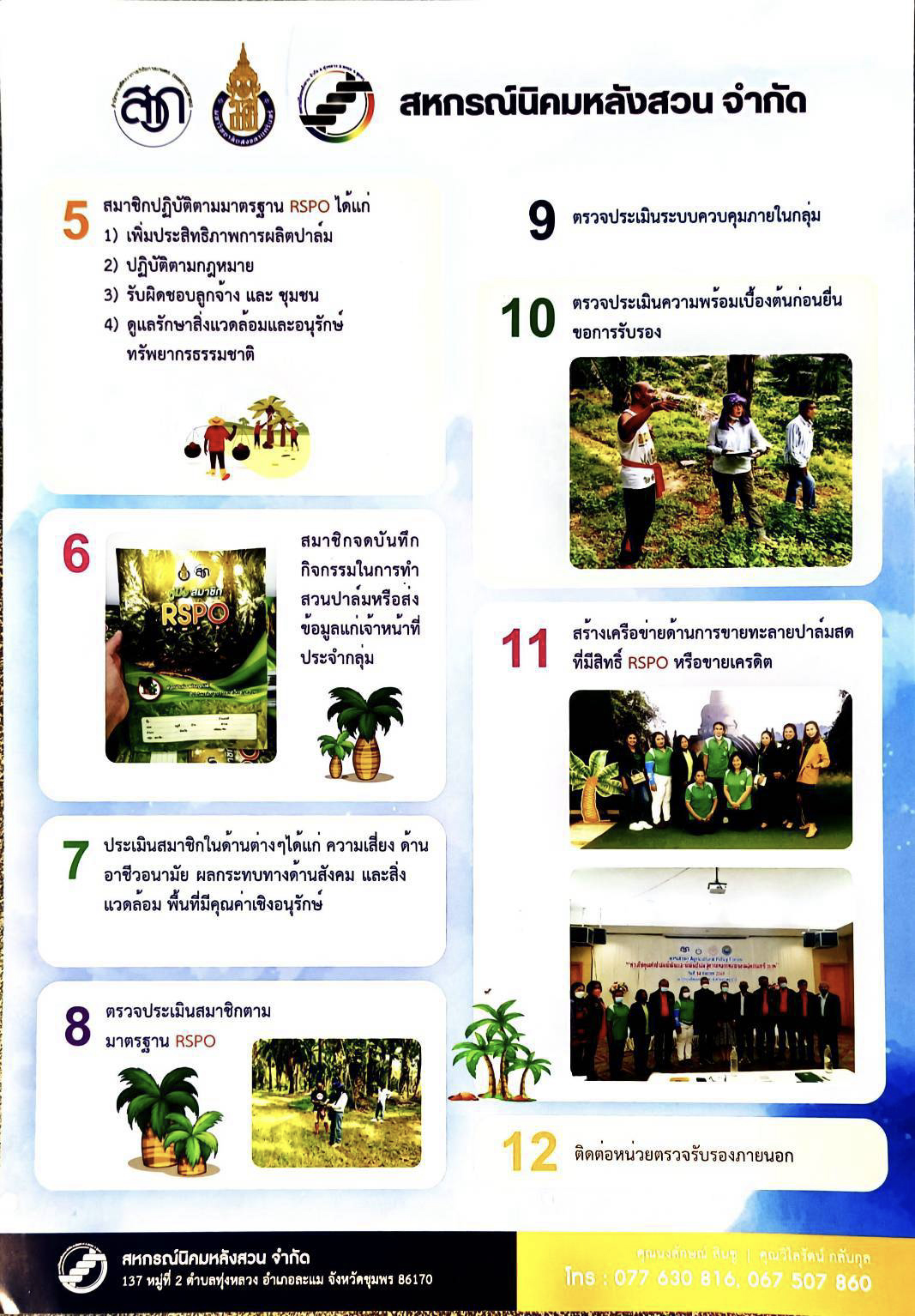
Lang Suan Land Settlement Cooperative Limited
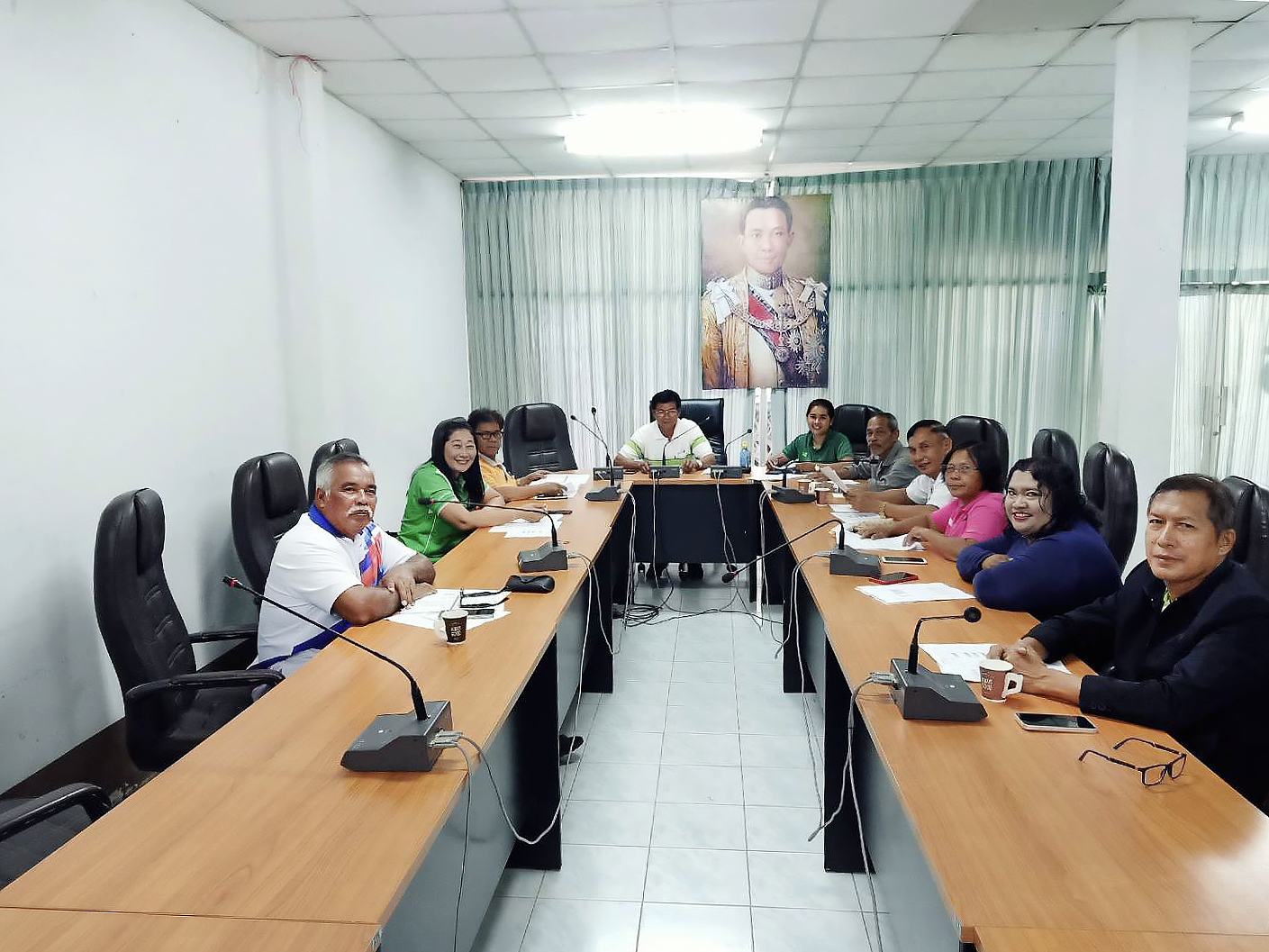
Lang Suan Land Settlement Cooperative Limited
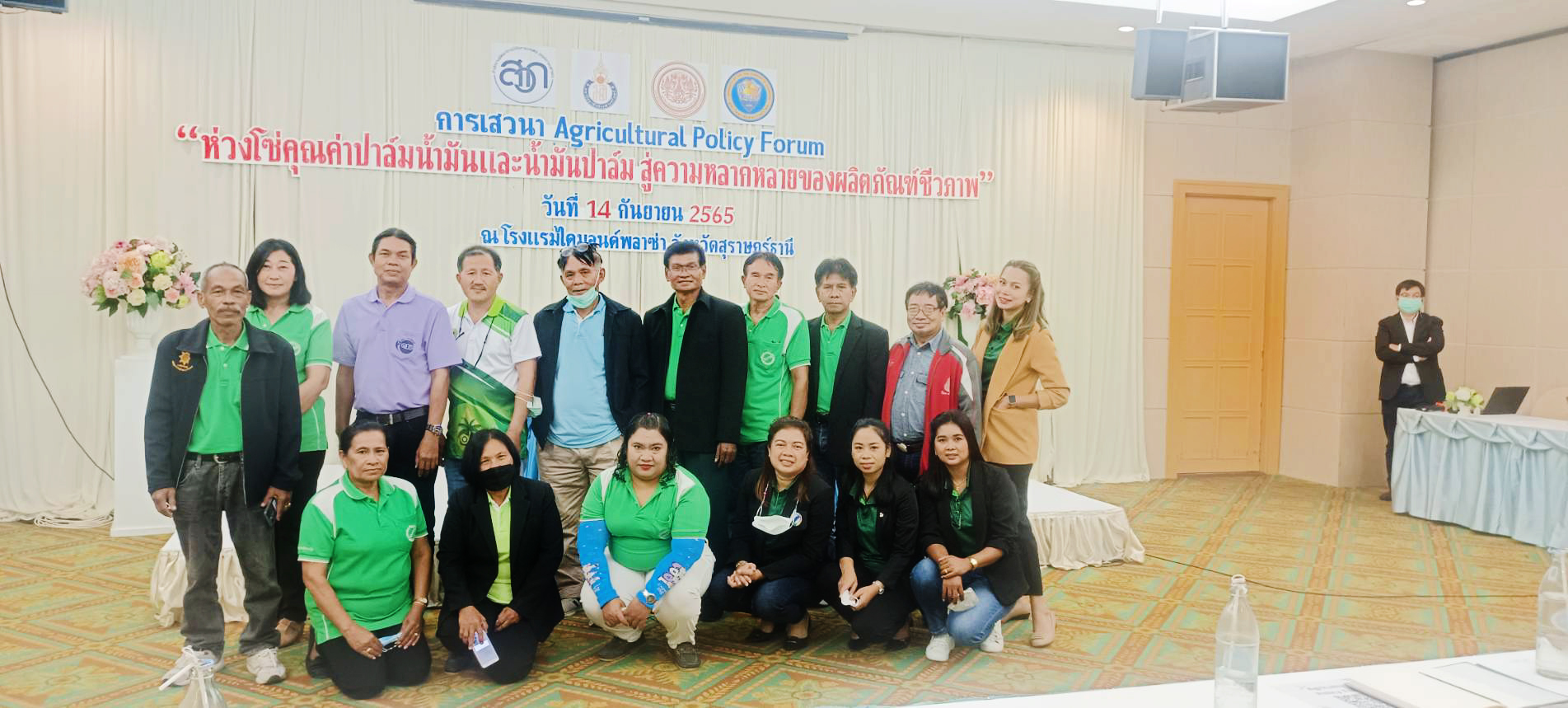
Lang Suan Land Settlement Cooperative Limited




